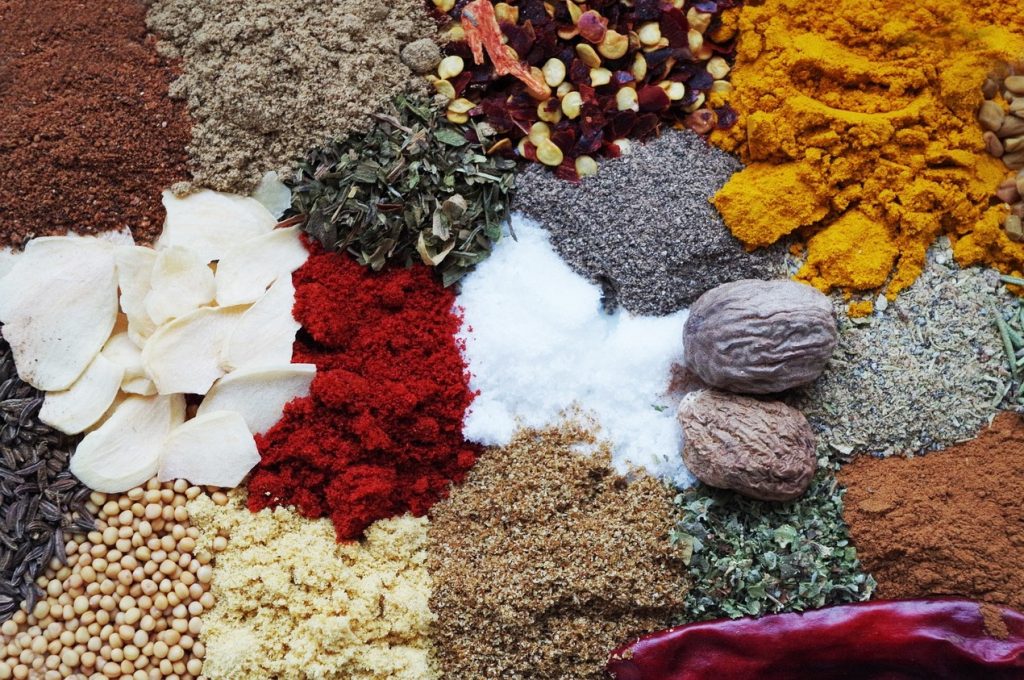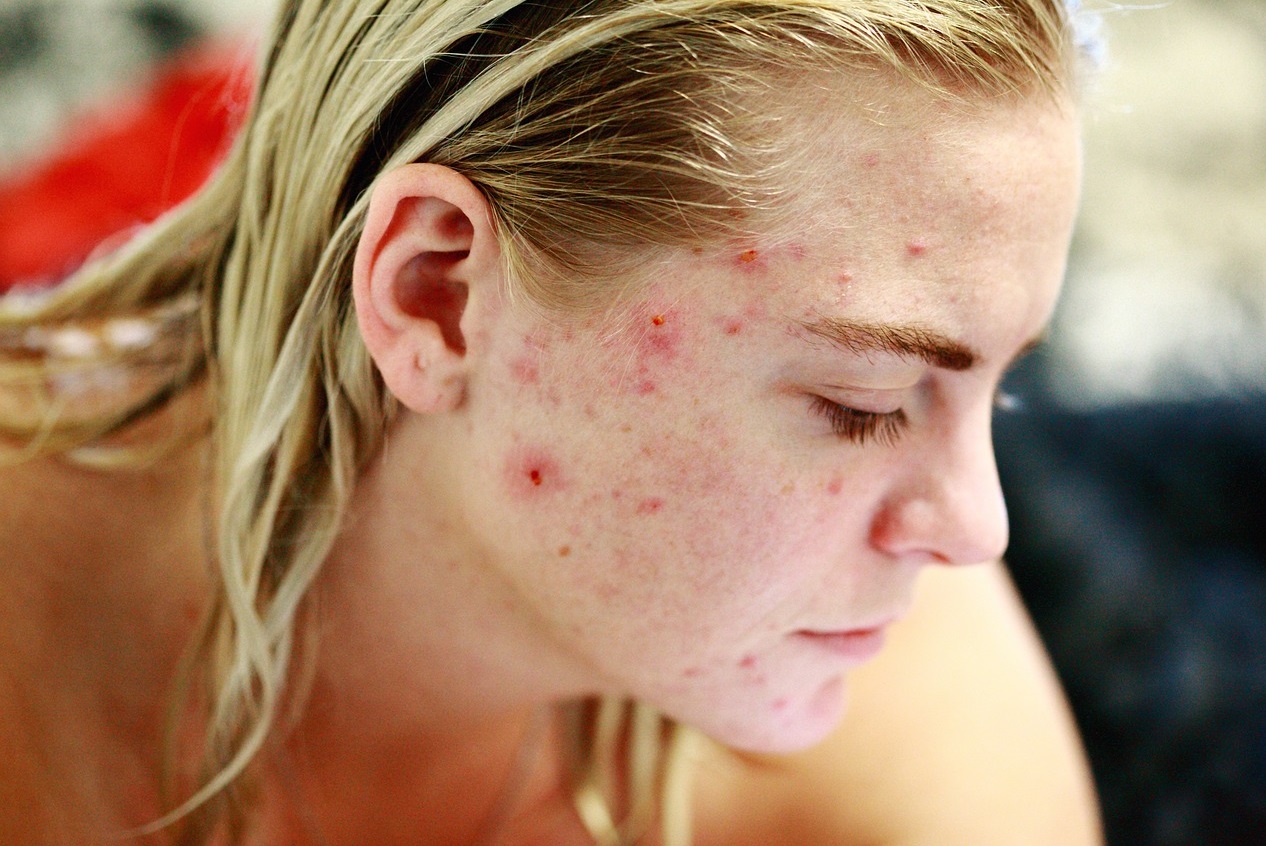Acne, a common skin condition that affects millions of people worldwide, can be a source of frustration and low self-esteem. While there are various treatment options available, not all of them are effective or suitable for everyone. One natural remedy that has gained attention for its potential benefits in addressing acne is turmeric. This article will explore the reasons why turmeric is increasingly being used as a remedy for acne and discuss its potential effectiveness.
What is Turmeric?
Turmeric, scientifically known as Curcuma longa, is a yellow-orange spice commonly found in Asian cuisine. It has been used for centuries in traditional medicine for its numerous health benefits. Turmeric contains an active compound called curcumin, which possesses anti-inflammatory, antioxidant, and antibacterial properties.
Turmeric for Acne: How Does It Work?
Acne is often triggered by inflammation, excess oil production, and the growth of certain bacteria on the skin. Turmeric’s curcumin compound can help address these acne-related issues due to its anti-inflammatory and antibacterial properties.
1. Reduces Inflammation: The anti-inflammatory properties of curcumin can help calm the skin and reduce redness, swelling, and discomfort associated with acne breakouts. By reducing inflammation, turmeric can contribute to the healing process of acne lesions.
2. Controls Sebum Production: Excessive sebum production by the sebaceous glands is a primary cause of acne. Turmeric may help regulate sebum production, thereby minimizing clogged pores and reducing the likelihood of breakouts.
3. Fights Acne-Causing Bacteria: The antibacterial properties of turmeric can combat the bacteria responsible for acne breakouts, such as Propionibacterium acnes. By inhibiting the growth of these bacteria, turmeric may help prevent the formation of new acne lesions.
How to Use Turmeric for Acne?
When using turmeric for acne, it is essential to keep in mind a few key points:
1. Topical Application: While consuming turmeric may provide general health benefits, topical application is the most effective method for addressing acne. Prepare a turmeric paste by mixing 1 teaspoon of turmeric powder, a few drops of water, and a natural ingredient like honey or yogurt to enhance its antimicrobial properties. Apply the paste to affected areas, leave it on for 10-15 minutes, and rinse off with warm water.
2. Patch Test: Before applying turmeric paste to your face, it is advisable to conduct a patch test on a small area of your skin. This step will help you determine if you are allergic or sensitive to turmeric, preventing adverse reactions.
3. Staining Potential: Turmeric has a yellow color that can temporarily stain the skin. To minimize staining, apply the turmeric paste in the evening and wash it off thoroughly before bed. Using a natural oil like coconut oil to remove any remaining yellow tint can also be helpful.
Additional Tips and Precautions
While turmeric can be beneficial for managing acne, it is essential to consider the following tips and precautions:
1. Consistency is Key: Like most natural remedies, turmeric may require consistent and regular application to notice visible improvements in acne breakouts. Incorporate turmeric into your skincare routine and be patient with the results.
2. Sun Sensitivity: Turmeric may increase sensitivity to sunlight, so it is crucial to wear sunscreen when using turmeric for acne treatment.
3. Consult a Dermatologist: If your acne is severe or persistent, it is advisable to consult a dermatologist who can provide appropriate guidance and suggest suitable treatment options.
The Bottom Line
Turmeric’s potential benefits for acne treatment are attributed to its anti-inflammatory, antibacterial, and sebum-regulating properties. However, individual results may vary, and it is important to remember that natural remedies may not work for everyone. If incorporating turmeric into your skincare routine, ensure consistency, conduct a patch test, and seek professional advice if needed. By understanding the potential benefits and limitations of turmeric for acne, you can make an informed decision about whether to give it a try.

